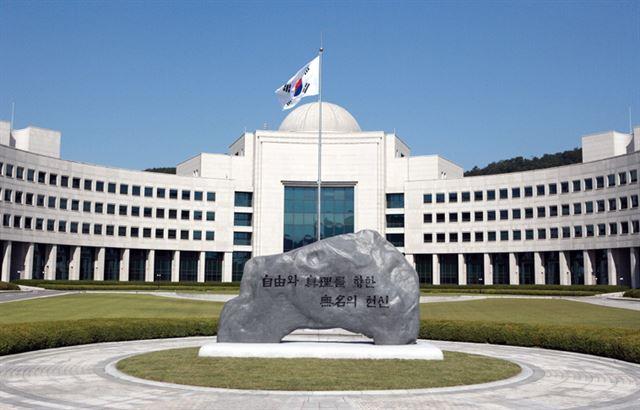Seoul, South Korea – A significant intelligence breach has rocked the South Korean military, involving the leakage of classified information to North Korean hackers. This incident, which compromised the identities and operations of undercover agents, has profound implications for South Korea’s intelligence capabilities.
The breach was uncovered in mid-June 2024 when South Korean cybersecurity experts infiltrated a North Korean server and discovered a list of South Korean intelligence operatives. This prompted the Korea Defense Intelligence Command (KDIC) to alert the Army’s Counterintelligence Command, leading to an urgent investigation. It was found that a military civilian official, referred to as A, had improperly stored sensitive information on a personal laptop, a severe breach of protocol.
On July 29, 2024, the Central Military Court issued an arrest warrant for the civilian official, who claimed the laptop had been hacked. Despite this claim, the presence of classified information on a personal device raised suspicions of deliberate misconduct. By July 30, 2024, A was formally charged with leaking military secrets.
The breach has significantly impacted South Korea’s human intelligence (HUMINT) network. Agents operating in high-risk areas such as China, Russia, and the Middle East have been urgently recalled, leading to substantial disruptions in ongoing intelligence operations. This situation is reminiscent of the catastrophic collapse of the CIA’s network in China during the mid-2010s. Many agents had to abandon their assignments, leaving behind vehicles, residences, and even businesses established as covers for their operations.
The compromised information included detailed profiles of agents, their aliases, and operational details, making it nearly impossible for these agents to continue their work. This breach has jeopardized current operations and severely hindered future intelligence activities in these critical regions.
The South Korean government has vowed to handle the situation sternly and in accordance with legal procedures. The KDIC, in a closed-door meeting with the National Assembly’s Intelligence Committee, reported that the leak was not due to external hacking but rather internal negligence. Immediate actions included suspending the implicated official, recalling overseas personnel, banning further missions, and conducting a comprehensive system audit.
The incident has sparked political outrage, with critics highlighting systemic failures in national security management. Former National Intelligence Service Director and Democratic Party lawmaker Park Jie-won emphasized the gravity of the breach and criticized the current administration for its handling of national security issues. He called for a thorough investigation and substantial reforms to prevent future occurrences.
This breach underscores the persistent threat posed by North Korean cyber-espionage activities, which target sensitive military and intelligence information globally. The joint advisory issued by South Korea, the United States, and the United Kingdom warns of ongoing cyber espionage campaigns by North Korea aimed at advancing its nuclear weapons program.
One of the most critical aspects of this breach is the exposure of “black agents,” or undercover operatives working in hostile environments under false identities. Training and deploying these agents require substantial time and resources. The process of becoming an effective black agent involves extensive training in language, culture, and espionage techniques, often taking many years. The exposure of these agents not only endangers their lives but also nullifies the significant investment made in their training and operational deployment.
Moreover, the long-term damage includes the loss of trust and potential recruitment difficulties. Once an agent’s cover is blown, it becomes challenging to re-establish credible intelligence networks in those regions. Rebuilding these networks will be a complex and time-consuming process, further complicated by the distrust that such a breach generates among current and potential informants.
The ramifications of this intelligence breach are severe and far-reaching, with immediate and long-term impacts on South Korea’s ability to gather and act on critical intelligence. The incident highlights the need for robust security measures and thorough oversight to prevent similar breaches in the future.



